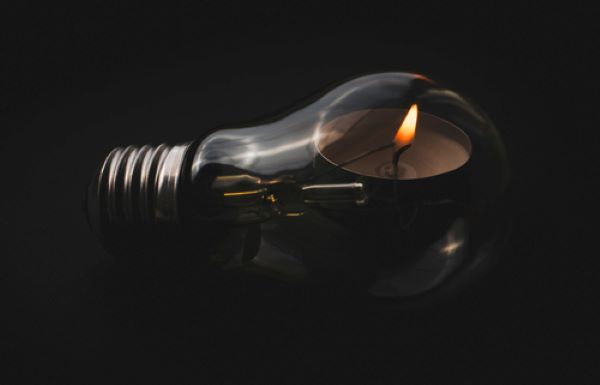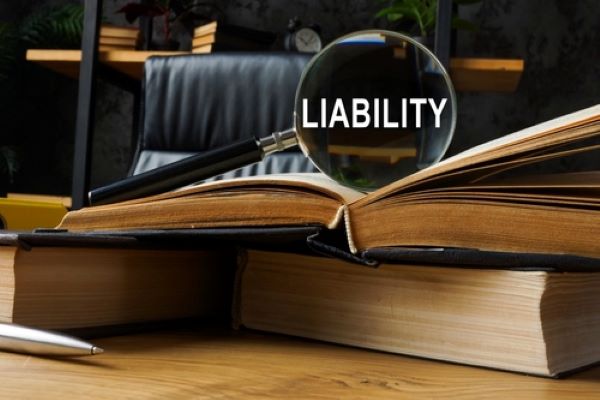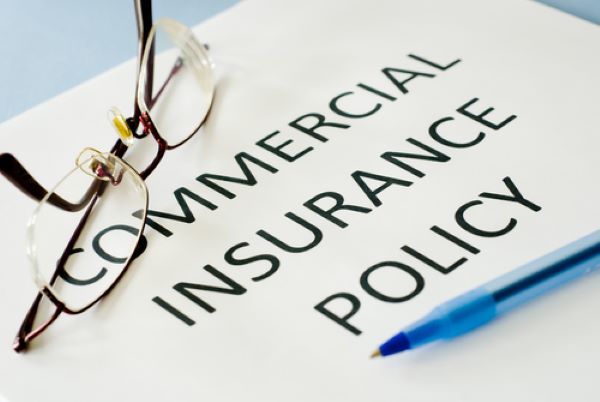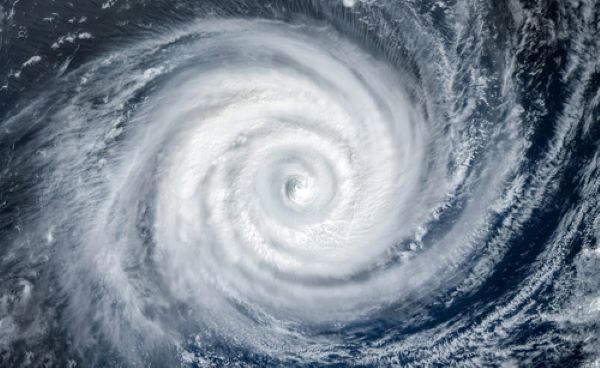 |
| By | December 15, 2023 |
Home insurance is essential for protecting your home and providing financial security during unexpected circumstances. While it typically covers property and liability, you may be wondering about its coverage for power outages. The answer, as with many things in insurance, is not a simple yes or no. Read on to understand the intricacies of power outage coverage as we explore the nuances every homeowner should know. Home Insurance Basics Home insurance protects homeowners from financial losses due to damage to their home and its contents. It typically covers many causes, ranging from fire, theft, and weather damage to vandalism. It can help to reimburse homeowners for the cost of replacing lost or damaged personal belongings. Insurance companies offer home insurance policies that usually cover: Many home insurance companies offer optional coverages in addition to these standard coverages. The necessity of supplemental insurance should depend on your needs. The reimbursement amount may depend on factors like your home’s value and your area’s cost of living. Therefore, you should review your policy regularly to ensure you have the best option. Nature of Disruption The nature of power disruption plays a significant role in determining coverage. This is because an outage can be a…

Home insurance is essential for protecting your home and providing financial security during unexpected circumstances. While it typically covers property and liability, you may be wondering about its coverage for power outages. The answer, as with many things in insurance, is not a simple yes or no.
Read on to understand the intricacies of power outage coverage as we explore the nuances every homeowner should know.
Home Insurance Basics
Home insurance protects homeowners from financial losses due to damage to their home and its contents. It typically covers many causes, ranging from fire, theft, and weather damage to vandalism. It can help to reimburse homeowners for the cost of replacing lost or damaged personal belongings.
Insurance companies offer home insurance policies that usually cover:
- Dwelling and Structures: This covers the structure of your home, including attached structures, fixtures, and built-in appliances. Some policies also cover fences, sheds, garages, and other structures not attached to your home.
- Personal Property: You can also get coverage for belongings, such as furniture, electronics, and clothing.
- Loss of Use: In cases where you cannot live in your home, this pays for additional living expenses like hotel bills and restaurant meals.
- Personal Liability: This financial protection applies if you are found legally responsible for injuries or property damage to others.
Many home insurance companies offer optional coverages in addition to these standard coverages. The necessity of supplemental insurance should depend on your needs. The reimbursement amount may depend on factors like your home’s value and your area’s cost of living. Therefore, you should review your policy regularly to ensure you have the best option.
Nature of Disruption
The nature of power disruption plays a significant role in determining coverage. This is because an outage can be a result of various factors, including:
- Natural Disasters: Storms, hurricanes, tornadoes, and lightning strikes can all disrupt power lines.
- Human Error: Disruptions caused by accidents during maintenance or construction work. It also extends to mistakes due to DIY projects.
- Accidents: Damage to power lines or utility poles due to vehicular accidents can result in power disruptions.
- Equipment Failures: Outages can result from mechanical and technical failures in home electrical systems, power plants, or substations.
Key Considerations
A home insurance policy’s coverage for power disruption depends on several factors. Here are some key considerations that you need to keep in mind:
1. Location
Insurance carriers generally cover a power outage due to events within your property. The source of the power outage plays a crucial role in determining coverage eligibility. If an outage happens because of a tree falling on your power lines during a storm, it is more likely to be covered by your home insurance policy. However, you might not get coverage when the storm disrupts supply to the entire power station.
2. Cause
Policies like HO-1, HO-2, etc., have different coverage and exclusions regarding power outages. For example, HO-2 policies might cover power outages caused by specific perils like lightning strikes or fallen objects, while HO-1 policies may have limited coverage options. It’s advisable to consult with your insurance agent to comprehend the fine print and ensure you have adequate coverage for power outages.
3. Spoiled Food
Spoiled food due to a power outage is a common concern for homeowners. This coverage varies based on the cause of the outage and the specifics of your insurance policy. A power outage due to a covered peril might be eligible for limited spoiled food coverage and reimbursement. Some insurance companies have limits on the amount of coverage for food, typically around $500. Additionally, you might be responsible for a deductible before your coverage kicks in.
4. Electronics Damage
Power surges during outages can damage computers, TVs, and other plugged-in electronics. Your home insurance might have warranty coverage that covers damage to electronics caused by a power outage resulting from a covered peril. For instance, if a lightning strike causes a power surge that damages your electronics, you can file an insurance claim to repair or replace them.
5. Frozen Pipes
People often think of power outages in the context of hot weather, but extreme cold can also lead to failures. Winters can cause pipes to freeze and eventually burst, resulting in water damage to your home. Home insurance typically covers water damage because of frozen pipes, but there’s a catch. Insurance providers may deny the claim if your lines were in poor condition due to wear and tear or inadequate maintenance.
Tips for Homeowners: Being Prepared
As a homeowner, you must be proactive. Here are some practical steps that can help you be prepared:
- Review Your Policy Regularly: Stay updated with your insurance policy and understand the coverage details of power outages. Regularly reviewing your policy lets you make informed decisions about additional coverage if necessary.
- Speak with Your Agent: When you’re uncertain about your coverage, you should contact your insurance agent. Don’t hesitate to ask them all the specific concerns regarding power outages. They can clarify your policy terms.
- Consider Supplementary Coverage: If your area is prone to specific perils like storms, hurricanes, or earthquakes, consider supplementary policies tailored to these risks. This additional coverages can add a layer of protection.
- Invest in a Generator: A backup generator can provide a reliable power source during outages. It allows you to run essential appliances and maintain a semblance of normalcy until power comes back.
- Emergency Preparedness: Create a kit with essential supplies like flashlights, batteries, bottled water, and non-perishable food items. If readily available, these can ensure your family’s safety and comfort during outages.
- Proactive Maintenance: Regularly maintain your home’s electrical system, including checking wiring, circuits, and appliances. Proper maintenance can reduce the risk of power outages caused by internal factors.
While standard home insurance policies may cover certain perils that result in power outages, optional power outage coverage offers additional benefits. That’s why it’s vital to choose a policy that suits your needs. The Cell Brokerage team can help you find the best option if you’re looking for home insurance policies. Contact us today to learn more!









